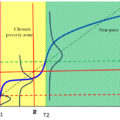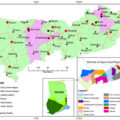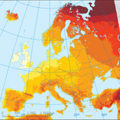Seven reasons to use carbon pricing in climate policy
Working paper by Andrea Baranzini, Jeroen van den Bergh, Stefano Carattini, Richard Howarth, Emilio Padilla on 11 Feb 2016
The idea of a global carbon price has been a recurrent theme in debates on international climate policy. Discarded at the Conference of Parties (COP) of Copenhagen in 2009, it … read more »











